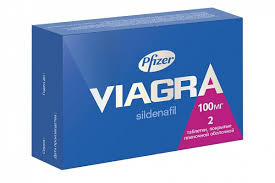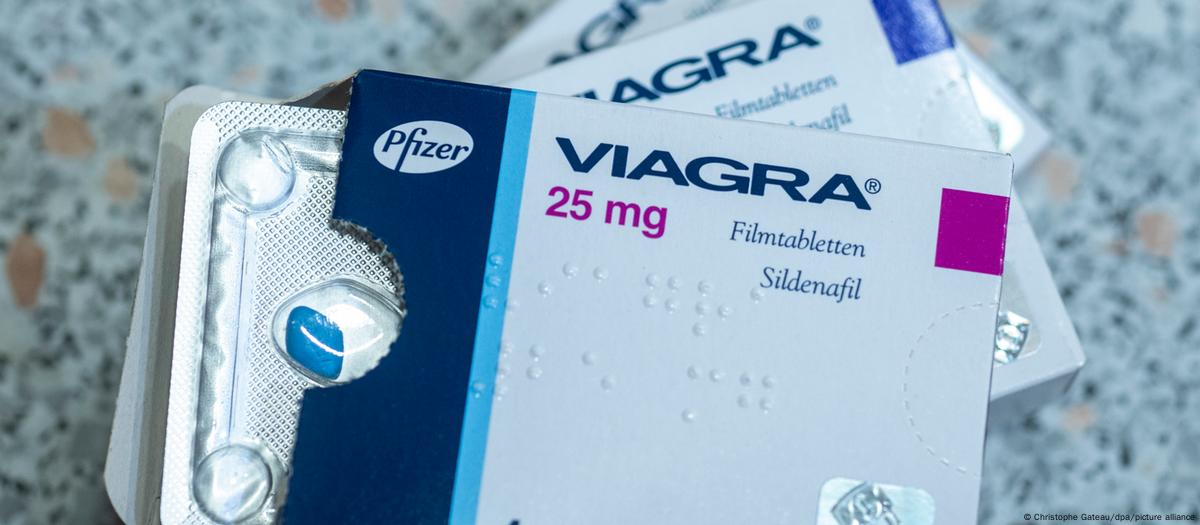Eliquis Understanding Its Benefits and Risks

Eliquis is a prescription medication that plays a crucial role in the management of various cardiovascular conditions. This anticoagulant drug, known generically as apixaban, is commonly prescribed to prevent blood clots in patients who have certain medical conditions, such as atrial fibrillation or after undergoing hip or knee replacement surgeries. For more information on acquiring Eliquis, you can visit Eliquis https://farmakeioorama.gr/agoraste-eliquis-se-apeytheias-syndesi-choris-syntagi/.
What is Eliquis?
Eliquis belongs to a class of medications known as direct oral anticoagulants (DOACs). It works by inhibiting Factor Xa, an essential protein in the blood clotting process. By blocking Factor Xa, Eliquis effectively reduces the ability of blood to clot, thereby preventing complications such as stroke or pulmonary embolism in at-risk patients.
Indications for Eliquis Use
Eliquis is primarily indicated for several conditions, including:
- Atrial Fibrillation: A condition characterized by an irregular heartbeat that can lead to the formation of blood clots in the heart.
- Deep Vein Thrombosis (DVT): A condition where blood clots form in the deep veins, usually in the legs, which can lead to serious complications if not treated promptly.
- Pulmonary Embolism (PE): A blockage in one of the pulmonary arteries in the lungs, often caused by blood clots that travel to the lungs from the legs or other parts of the body.
- Post-Surgical Prophylaxis: After certain surgeries, such as hip or knee replacements, Eliquis is used to prevent DVT and PE.

Dosage and Administration
The dosage of Eliquis varies based on the condition being treated, as well as patient-specific factors such as age, kidney function, and weight. It is crucial for patients to follow their healthcare provider’s instructions closely when taking Eliquis. The typical dosage for atrial fibrillation is 5 mg twice daily, but it can be reduced to 2.5 mg twice daily under specific conditions.
Missed Dose and Overdose
If a dose is missed, it should be taken as soon as possible on the same day. However, if it is almost time for the next dose, the missed dose should be skipped to avoid taking two doses at once. In the case of an overdose, immediate medical attention is necessary, as it can lead to serious bleeding complications.

Benefits of Eliquis
Eliquis offers several benefits compared to traditional anticoagulants:
- Reduced Risk of Stroke: In patients with atrial fibrillation, Eliquis significantly reduces the risk of stroke compared to those not receiving anticoagulation therapy.
- Less Monitoring Required: Unlike warfarin, another common anticoagulant, Eliquis does not require regular blood tests to monitor the International Normalized Ratio (INR), making it more convenient for patients.
- Faster Onset of Action: Eliquis works relatively quickly, providing protection against clotting shortly after administration.
- Less Dietary Restrictions: Patients taking Eliquis do not need to adhere to specific dietary restrictions, a common requirement with warfarin therapy.
Side Effects and Risks
While Eliquis is generally well-tolerated, like any medication, it comes with potential side effects. Common side effects may include:
- Bleeding: The most serious risk associated with Eliquis is bleeding, which can occur in various parts of the body.
- Gastrointestinal Issues: Some patients may experience nausea, constipation, or other gastrointestinal upset.
- Allergic Reactions: Though rare, some individuals may develop an allergic reaction, which could include rash, itching, or swelling.
It is essential for patients to report any unusual symptoms or signs of bleeding to their healthcare provider immediately.
Interactions with Other Medications
Eliquis may interact with other medications, which can either increase the risk of bleeding or reduce its effectiveness. Patients should disclose all medications they are taking, including over-the-counter drugs and supplements, to their healthcare provider. Some common drugs known to interact with Eliquis include:
- Other anticoagulants, such as warfarin or heparin
- Nonsteroidal anti-inflammatory drugs (NSAIDs), like ibuprofen or aspirin
- Certain antifungal and antiviral medications
Patient Considerations
Before starting Eliquis, patients should undergo a thorough evaluation by their healthcare provider. Factors like renal function, liver health, and history of bleeding disorders must be considered to ensure safe usage. Regular follow-ups are essential to monitor for any potential complications and to adjust the dosage if necessary.
Conclusion
Eliquis represents a significant advancement in the field of anticoagulation therapy, providing effective prevention of strokes and blood clots with a convenient dosing regimen. However, its use comes with certain risks, and patients must be informed and monitored closely by their healthcare providers. As with any medication, understanding the benefits, risks, and proper usage is vital for achieving the best health outcomes.

